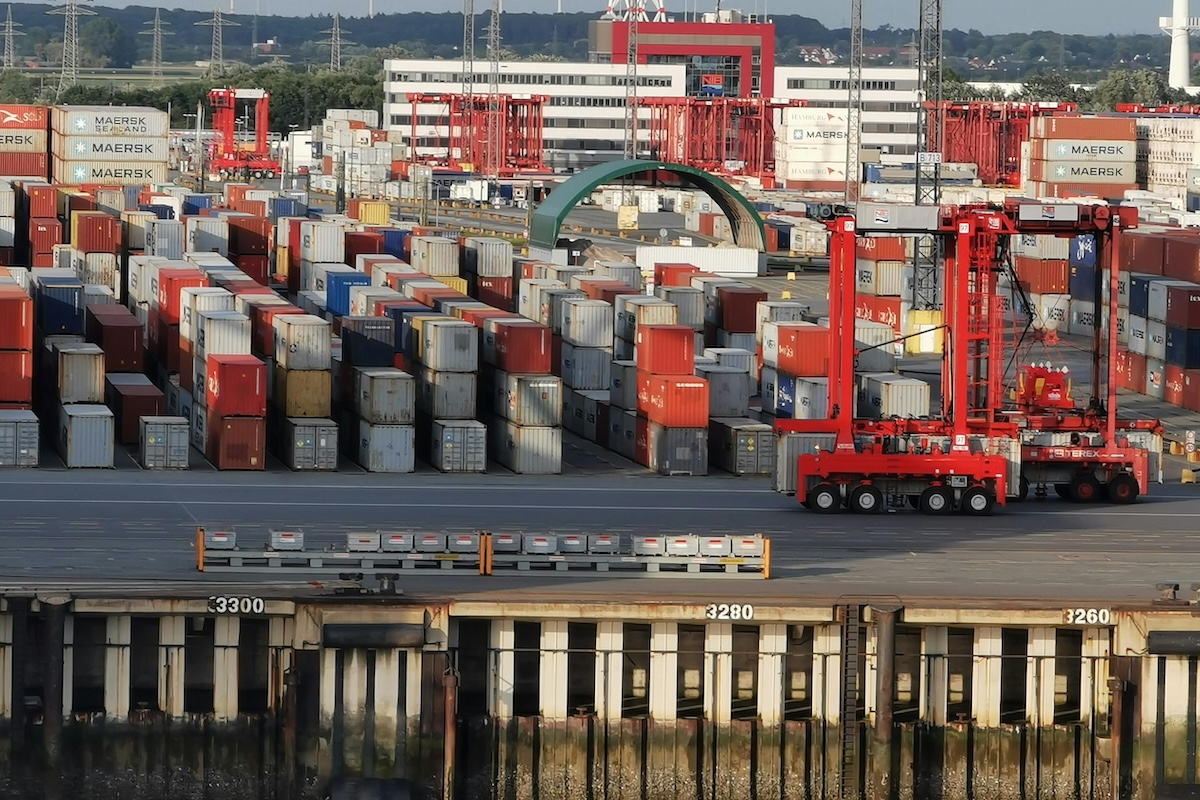Exporting to Hong Kong? Don’t Be Caught Flat Footed Come April 19

Article Summary
As of December 23, 2020, exports, reexports, and transfers to Hong Kong are treated as transactions to China under U.S. export control regulations.
The changes were made following Executive Order 13936, which removed Hong Kong’s special status under U.S. law due to concerns about its autonomy.
Items subject to the EAR that require a license for export to China now also require a license for export to Hong Kong.
Goods such as military equipment, dual-use items, and certain chemicals require licenses under Hong Kong’s Strategic Commodities Control System.
Penalties include fines, imprisonment, and administrative actions such as suspension or revocation of licenses.
Exporters should review the revised regulations, reclassify items, and consult with legal or compliance experts to avoid penalties.
Starting April 19, 2017, U.S. companies and persons intending to export or reexport certain items subject to the Export Administration Regulations (EAR) to Hong Kong should make sure you’ve got your import paperwork in order before shipping. Not familiar with this requirement? In the hubbub of the inauguration and other news, this final rule published in the Federal Register on January 19 by the Bureau of Industry and Security (BIS) at the U.S. Department of Commerce may have slipped past you.
Under the final rule, exporters and reexporters of certain items to Hong Kong are required to obtain a copy of a valid import license from the Hong Kong importer issued by the government of Hong Kong or a copy of a written statement issued by the Hong Kong government that no import license is required. The requirement also applies to persons intending to reexport certain items from Hong Kong. While this shouldn’t be news for importers and reexporters in Hong Kong, the BIS requirement to obtain written proof from their Hong Kong importers prior to shipment is new.
For export control purposes, the U.S. treats Hong Kong and the People’s Republic of China as separate destinations and applies more favorable treatment to the former. However, Hong Kong is a well-known point of diversion and transshipment and many items subject to U.S. export controls end up in mainland China without an export license. According to BIS, the purpose of obtaining proof of this documentation is to provide greater assurance that U.S.-origin items subject to multilateral control regimes are properly authorized to their final destination, even if passing through Hong Kong. It is intended to complement the Hong Kong export control system ,which already requires an import and export license for certain items imported and reexported in Hong Kong.
What Items are Covered?
- The final rule applies to exports and reexports of items subject to the EAR and controlled on the Commerce Control List (CCL) for national security (NS), missile technology (MT), nuclear nonproliferation (NP Column 1), or chemical and biological weapons (CB) reasons.
- This rule applies even if the items may be shipped under a license exception such as License Exception GBS for shipments to destinations in Country Group B.
- The Hong Kong Trade and Industry Department’s Strategic Trade Controls website provides info regarding whether items require a Hong Kong import or export license. Please note that this list is not comprehensive and should seek additional confirmation if they do not see their item(s) listed.
What Documentation Must Be Obtained to Satisfy BIS?
- Copy of a valid import license issued to the Hong Kong importer from the Hong Kong government or copy of the written statement from the Hong Kong government stating that no import license is required.
- The written statement can come in the following formats:
- a “No License Required” notification in the form of written communication to the Hong Kong importer stating that the item does not require a license; or
- a statement available to the general public from the Hong Kong government website stating that a license is not required for the item referred to as “website information.”
Exporters should note that these copies are not required when applying to BIS for an export license, but rather prior to shipment of the item to Hong Kong. Further, exporters who know that their item(s) will be reexported from Hong Kong are not required to obtain a copy of the export license from Hong Kong. Like other export control documents, exporters and re-exporters will need to maintain copies of these import records for record-keeping purposes and be able to present them if requested by BIS agents.
To answer common questions for US exporters, BIS published FAQs on March 17 available here. With a little over two weeks to go, those shipping to clients in Hong Kong need to make sure they’ve got the proper documentation in place come April 19th.
Key Points
What recent changes affect exports to Hong Kong?
- Regulatory Update: On December 23, 2020, the Bureau of Industry and Security (BIS) published a regulatory amendment treating exports, reexports, and transfers to Hong Kong as transactions to China under the Export Administration Regulations (EAR).
- Reason for Change: This amendment followed Executive Order 13936, which removed Hong Kong’s special status under U.S. law due to concerns about its autonomy.
- Impact: Exporters must now treat Hong Kong as part of China for licensing and compliance purposes.
Why were these changes implemented?
- Executive Order 13936: Issued in response to concerns about Hong Kong’s diminishing autonomy under China’s influence.
- Policy Shift: The U.S. government determined that Hong Kong no longer warranted separate treatment from China under U.S. export control laws.
- Global Implications: The changes align with broader U.S. efforts to address national security risks associated with sensitive technology transfers.
How does this impact licensing requirements?
- License Requirements: Items subject to the EAR that require a license for export to China now also require a license for export to Hong Kong.
- Strategic Commodities: Dual-use items, military equipment, and certain technologies are subject to stricter controls.
- Compliance Burden: Exporters must carefully review their items’ ECCN classifications and ensure proper licensing.
What goods are subject to strategic trade controls in Hong Kong?
Controlled Goods
- Military equipment.
- Dual-use items (e.g., electronics, chemicals, and software).
- Certain chemicals and technologies.
Licensing System: Hong Kong’s Strategic Commodities Control System requires licenses for importing/exporting controlled goods.
Transit Exemptions: Goods in transit that do not leave their transport vehicle are exempt from licensing requirements.
What are the penalties for non-compliance with export regulations?
- Fines: Delays in documentation or false information can result in fines ranging from HK$40 to HK$10,000 per violation.
- Imprisonment: Severe breaches of export regulations can lead to imprisonment.
- Administrative Actions: Non-compliance may result in suspension or revocation of licenses or registrations
How can exporters ensure compliance with these changes?
- Review Regulations: Exporters should familiarize themselves with the updated EAR requirements and Hong Kong’s Strategic Commodities Control System.
- Reclassify Items: Ensure all items are properly classified under the revised control lists.
- Consult Experts: Work with legal or compliance professionals to navigate complex export control laws.
- Documentation: Maintain accurate and complete records of all export transactions to avoid penalties.










